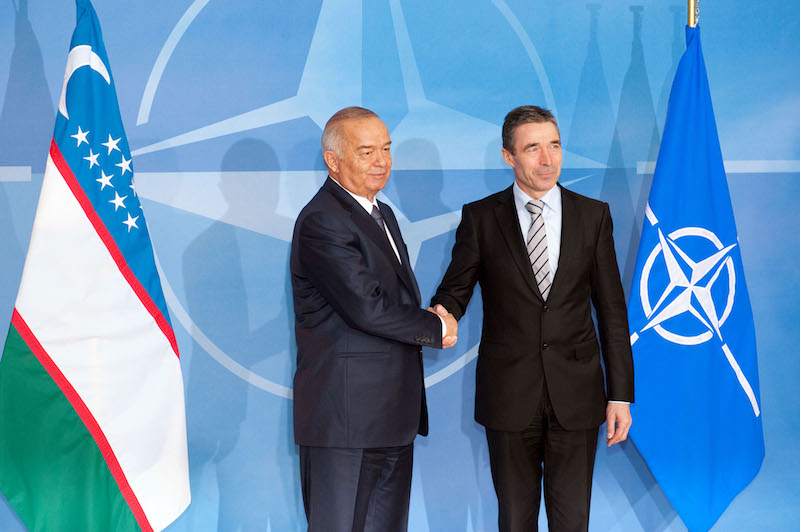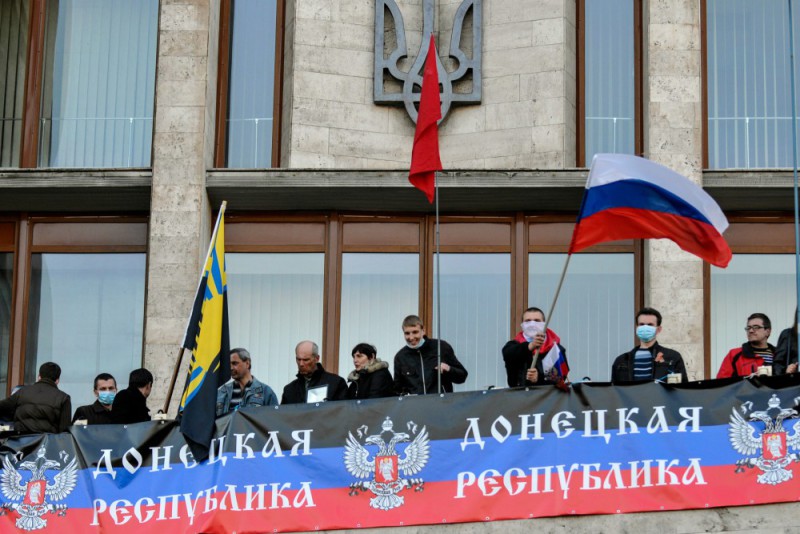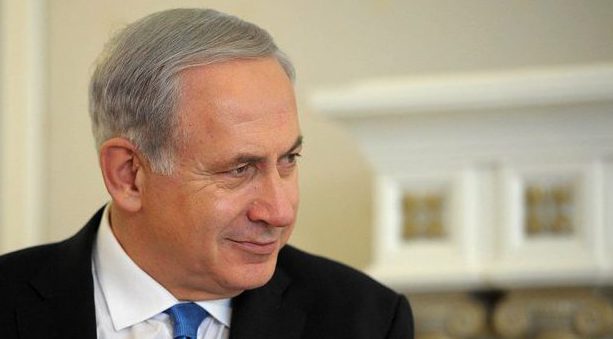Following the death of longtime Soviet-era strongman Islam Karimov, the international community, journalists, and risk analysts have all expressed uncertainty and concern over the future of Uzbekistan’s leadership. Though the transition of power has transpired relatively smoothly, the future of Uzbekistan and the Central Asian region is far more precarious. Known for its autocratic governments and poor human rights record, the region has also been reliant on the economic value of energy as well as remittances from citizens employed in Russia. Following the decline of the global price of oil, and crash of the highly sanctioned Russian economy, the region’s remittance and energy economy is now vulnerable just as unemployment is expected to spike as Central Asian labourers return from Russia.
Described as a “perfect storm” of unstable factors, the region is also becoming a hotspot for recruitment for terror groups including the Islamic State (IS), which has reportedly drawn 1,300 recruits from Tajikistan alone. As IS’ territorial footprint in Iraq and Syria collapses, experts believe the return of professionalized and radicalized foreign fighters will challenge the security situation in Central Asian states.
As these states face economic and security challenges within their borders, they also face increasing geopolitical competition between Russia, China, and the United States, each looking to the energy-rich market of 70 million inhabitants as the final frontier of globalization. Amidst this intensifying competition, fault lines are likely to emerge and deepen, some of which already have existing rivalries dating back to the dissolution of the Soviet Union. An example of this is the Fergana Valley, an agriculture-rich area bordered by Uzbekistan, Kyrgyzstan and Tajikistan that, due to complex borders, ethnic and tribal lines, and increasing scarcity of water, has been the site of altercations and instability between its neighbouring states.
In this environment of autocratic governance, economic precariousness, and geopolitical competition, how does NATO play a role in the region, and what should the Alliance’s priorities be in Central Asia?
NATO’s Presence in Central Asia
Underscored by the 2010 Lisbon Strategic Concept’s emphasis on partnerships beyond the Euro-Atlantic, NATO has expanded its partnerships within Central Asia. At present, Kyrgyzstan, Tajikistan, and Kazakhstan have made strides in Partnership for Peace agreements with NATO, with Kazakhstan being particularly active in creating a Kazakh-NATO battalion (KAZBAT) and a Kazakh-NATO brigade (KAZBRIG). In Uzbekistan, NATO reduced its support following the 2005 massacre of political demonstrators in the city of Andijan. However, Uzbekistan has been the site of the NATO Liaison Office for Central Asia as a planning and support mechanism for the Alliance’s regional projects.
NATO has largely framed its Central Asia policy based on its mission in Afghanistan, and with the continued imprint of the Alliance through Operation Resolute Support, this will likely remain a leading factor in NATO’s Central Asian presence. Through Afghanistan, NATO has also worked in tandem with multilateral cooperation bodies such as the Istanbul/Heart of Asia process, which has been an important framework for convening and cooperating with Central Asian states.
The Future of the Alliance in Central Asia
A driving approach for the Alliance in Central Asia has been an emphasis on “stability”, which, given the litany of challenges the region faces, may be difficult to maintain. Through the Heart of Asia process or the Euro Atlantic Partnership council, NATO should prioritize the enhancement of security deliberation and cooperation mechanisms for Central Asia. If these states are faced with looming internal issues, they may deflect attention to easily destabilized borders such as the Fergana Valley, a measure that could escalate security issues to the detriment of the region. For the Alliance’s continued focus and investment in the security of Afghanistan, Central Asian stability will be essential, especially as NATO is already challenged by resurgent Taliban forces.
The US has made recent strides in its C5+1 (Kazakhstan, Uzbekistan, Kyrgyzstan, Tajikistan, Turkmenistan and the United States) Ministerial conference that enhanced cooperation on counterterrorism, sustainable energy, and business competitiveness. Each of these measures will enhance domestic stability, but should also be met with a commitment to the expansion of democracy and human rights wherever possible.
Outside of its interests in Afghanistan, NATO and the West may not have the geopolitical ambition of Russia and China in Central Asia, however, with the security risks that could emanate from inter or intrastate conflict, the need for Central Asian security is too great to ignore.
Photo: President Islam Karimov shaking hands with NATO Secretary General Anders Fogh Rasmussen (2011), via NATO. Public Domain.
Disclaimer: Any views or opinions expressed in articles are solely those of the authors and do not necessarily represent the views of the NATO Association of Canada.




